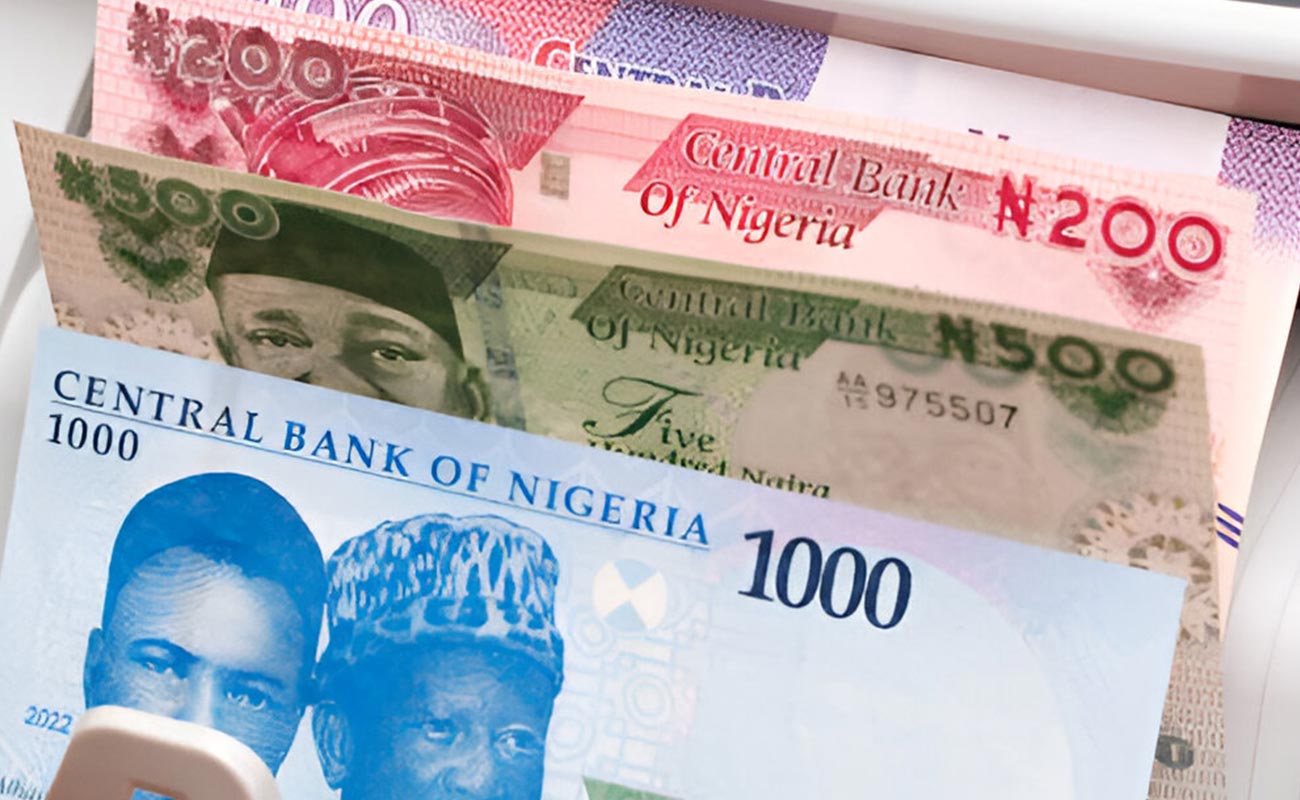
By Elizabeth Ibe
The debate over minimum wage increment in Nigeria is a complex one, with strong arguments on both sides. On one hand, there is a compelling case for increasing the minimum wage to improve the living standards of low-income earners. On the other, there are concerns about the potential negative impacts on the economy and employment.
Nigeria’s minimum wage trajectory has been marked by gradual increases and intense negotiations. The first National Minimum wage law was enacted in 1981, at ₦125 per month. Starting from ₦125 in 1981, the minimum wage has seen several revisions to reflect the country’s economic changes and labor demands. Subsequent increment occurred in the year 2000 to ₦5500, and in 2011 it increased to ₦18,000 under President Goodluck Jonathan, and in 2019 it was increased to ₦30,000 by President Muhammadu Buhari. In this year 2024 there is a demand for increment to fit the current realities of the economy.
Today, the debate rages on with the Nigerian Labor Congress (NLC) demanding a significant increase from the current ₦30,000 to ₦494,000, a figure that starkly contrasts with the government’s proposal of ₦62,000. With inflation rates soaring and the purchasing power of the average Nigerian dwindling, the call for a higher minimum wage is a cry for survival. This disparity between the government’s proposal and that of NLC is not just a matter of differing opinions but one that highlights the broader economic challenges and the cost-of-living crisis which Nigerians face.
President Bola Tinubu’s stance on the issue is that “the government will pay what it can afford”. This stresses the issue of sustainability as the government is unsure if it will be able to sustain the cost. These concerns about sustainability are valid, however, the government can cut down on cost of governance and redirect the savings towards infrastructural development that benefits both small and large-scale businesses. Such inputs would not only provide a sustainable base for increasing minimum wage but also stimulate job creation, and innovation.
The increment of minimum wage can spur economic growth by providing workers with more money to spend, which in turn expands demand and boosts business growth. A higher minimum wage can reduce income inequality and lift many out of poverty, leading to a more equitable society.
WEIGHING THE PROS AND CONS OF THE MINIMUM WAGE INCREMENT IN NIGERIA
The government’s position to increase the minimum wage is a step in the right direction but ₦62,000 as minimum wage falls short of the mark. It does not constitute a living wage that can sustain an average Nigerian in the face of rising inflation and cost of living. Without a wage that reflects economic realities, the cycle of crime, insecurity, corruption, and reduced productivity will persist.
The failure to increase the minimum wage to a realistic figure compels many individuals to seek alternative income sources to survive. This necessity can manifest in corrupt practices and criminal acts. When the legal income does not suffice, the temptation to engage in illicit activities grows, thereby undermining the integrity of public institutions. Moreover, when individuals struggle to meet their basic needs, they become vulnerable. Desperation can drive them to engage in criminal activities such as theft, robbery, kidnapping and insurgency, thereby endangering themselves and others within the society. This surge in crime rates can lead to insecurity and create an atmosphere of fear in the country.
Also, the need to take on additional jobs to meet basic needs means that public servants cannot fully dedicate themselves to their primary roles. This distraction is not just about a lack of focus, it’s about the inability to commit the necessary time and energy to public service. The result is a workforce that is physically present but mentally and emotionally absent, leading to a decline in quality-of-service delivery.
On the other hand, the minimum wage increment can have negative effects. It could lead to layoffs and reduced hiring if the government is not able to sustain the proposed minimum wage, thereby exacerbating unemployment. It could also lead to inflation as producers may increase the price of goods due to the increment in the amount of money earned by individuals in the country. However, the key to navigating these opposing effects lies in finding a balanced approach. While the minimum wage should be sufficient to ensure a decent standard of living, it must also be set at a level that does not negatively impact the economy.
